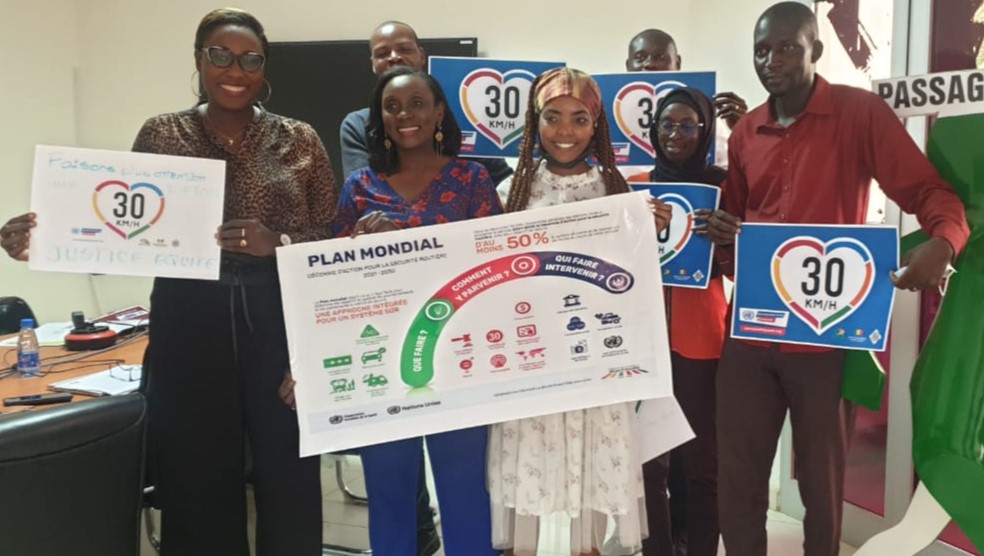
This month, the Alliance announced the third cohort of NGOs to take part in the Alliance Incubator, our flagship capacity building initiative. Capacity building is set out in our Strategic Plan as one of the three pillars to achieve our impact goals. We are excited to see how these Incubator NGOs use the program to enhance their advocacy.
Through the Alliance Incubator, our online sessions, publications, and the Accountability Toolkit, we aim to equip NGOs to be the most effective they can be. We believe that this is through SMART (Specific, Measurable, Achievable, Relevant, Time-bound) advocacy for actions that have been proven to save lives.
Ultimately, the responsibility for providing a safe system that protects all road users lies with governments. NGOs do not have the resources (staff, financial, or political) to achieve this to the scale needed by themselves or on their governments behalfs. Therefore they channel their limited resources into assisting governments to know what needs to be done to enable people to access safe, affordable, accessible, sustainable transport and to implement the policies and interventions needed to achieve it. Alliance capacity building focuses on helping NGOs to achieve their role set out in the Global Plan for the Decade for Action for Road Safety 2021–2030 and the Global Status Report on Road Safety 2023 to “generate evidence and hold leaders to account.”
Not every NGO needs to be a technical expert to fulfill their role, but they do need to understand the evidence-based interventions that will contribute to reducing road deaths. They must also have the data to back it up at their fingertips. Not every NGO needs to be a policy expert, but they must be able to identify the decision makers and departments responsible for committing to, allocating funding to, and implementing these policies and implementations. They must also understand the processes, barriers, and opportunities in their country that could accelerate or hinder their advocacy. Strong NGOs are experts in building connections and coalitions and leveraging political opportunities. Not every NGO needs to be an academic, but they must be ready to speak up on behalf of their communities, bringing localized evidence from the streets that demonstrates people’s daily realities.
NGOs are known for their passion. Increasingly, they are also becoming known for their credibility and how they represent people and communities. This is happening because they have invested in their own capacity and used opportunities and tools that help them to increase their knowledge and skills. While only a small number of NGOs are part of the Alliance Incubator program, a wealth of online sessions, publications, and tools, from the Alliance and many of our road safety friends and partners are helping NGOs to do this with minimal resources.
2024 is set to be another big year for NGO advocacy following the launch of the latest Global Status Report and in the lead up to the Fourth Global Ministerial Conference on Road Safety in Morocco in February 2025. We need to be equipped. There are emerging data and new trends and opportunities to be explored by even the most experienced NGOs. To get started, why not check out some of the following: